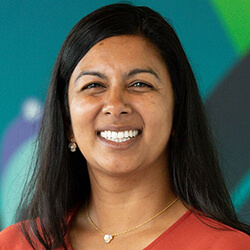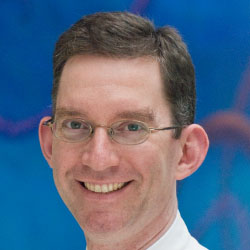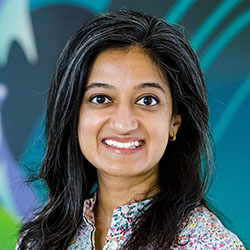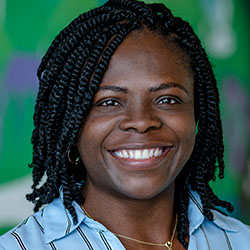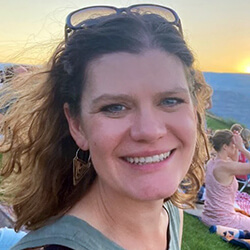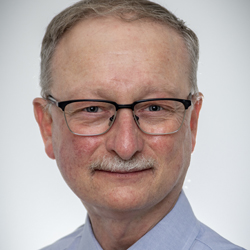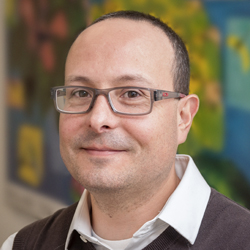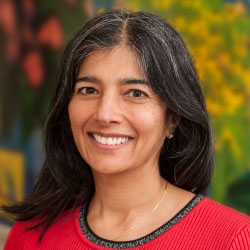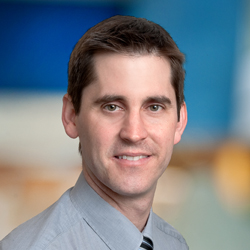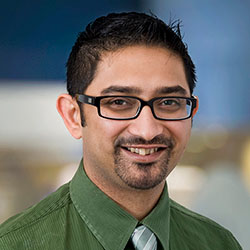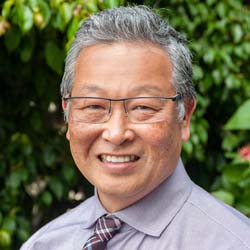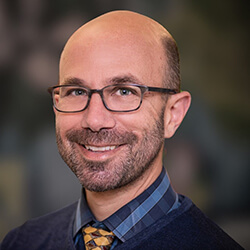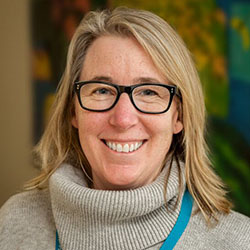Apheresis
Apheresis (a-fuh-ree-sis) is a nonsurgical procedure where blood from the body is passed through tubing into a device to remove or replace specific parts of the blood before it is put back into the bloodstream.
Seattle Children’s is the only pediatric apheresis service in Washington. We partner with medical groups in the area to offer this procedure for children with sickle cell disease, neurologic conditions, kidney disorders, cancer, graft-versus-host disease and other conditions. We specialize in treating young patients, including the smallest children, both during a hospital stay and in the clinic depending on their condition. Our team works hard to make treatments as comfortable and safe as possible for your child and your family.
-
Bone marrow cell collection (also called hematopoietic stem cell collection)
Treatment for some types of cancers such as neuroblastoma, brain tumors and lymphoma may require high doses of chemotherapy, which can wipe out the stem cells found in the bone marrow.
Hematopoietic progenitor cells (HPC) or stem cells from your child’s own body can be used to regrow their bone marrow and every type of blood cell. Before your child receives chemotherapy, apheresis can be used to separate and collect stem cells from your child’s blood without needing to perform a bone marrow procedure. After chemotherapy, your child’s own stem cells can then be thawed and put back into their bloodstream to help regrow their bone marrow.
-
Red blood cell removal and replacement (erythrocytapheresis)
Red blood cells are responsible for carrying oxygen to all parts of the body and carrying carbon dioxide back to the lungs. When red blood cells have a different size or shape or do not function properly (such as in patients with sickle cell anemia), or have a parasitic infection (such as in patients with malaria), they can be harmful to your child’s health. Erythrocytapheresis is a nonsurgical procedure used to remove some of these red blood cells and replace them with normal red blood cells from a donor.
-
"Bad” cholesterol removal – (low-density lipoprotein apheresis)
Low-density lipoprotein (LDL) apheresis is a nonsurgical procedure used to treat recurrent focal segmental glomerulosclerosis (FSGS) after a kidney transplant. It is also used to treat other genetic conditions that cause high levels of LDL cholesterol in children, adolescents and young adults.
-
White blood cell light treatment (extracorporeal photopheresis)
Extracorporeal (ECP) photopheresis is a nonsurgical procedure that separates white blood cells from the rest of your child’s blood and treats them with a light therapy before they are put back into the bloodstream. Before the white blood cells are put back, they are combined with a medicine that is activated by exposure to ultraviolet light. ECP can be helpful for children whose bodies may be rejecting new transplanted cells from an organ, tissue or stem cell transplant.
-
Therapeutic plasma exchange (plasmapheresis)
The body’s immune system makes antibodies that usually fight off germs. But sometimes antibodies attack parts of the body instead, including the kidneys and nervous system. Therapeutic plasma exchange (TPE) is a process that removes harmful antibodies from the liquid part of the blood (plasma).
-
T-cell collection (also called mononuclear cell collection)
T cells help your body fight infections and are a type of white blood cell. They can be collected from your child’s blood through apheresis to be used as a treatment for acute lymphoblastic leukemia or other cancers. T-cell collection may also be referred to as mononuclear cell (MNC) collection.
Who’s on your team?
Your apheresis team includes doctors and nurses who will oversee your child’s apheresis procedures. They will also closely partner with providers in Nephrology and the Cancer and Blood Disorders Center, and involve specialists from other areas of Seattle Children’s if your child needs them.
Leadership
-
Nabiha Paula Huq Saifee, MD, PhD
Medical Director, Transfusion Service and Associate Medical Director, Apheresis
-
Program Director, Nephrology Fellowship, and Co-Associate Medical Director, Acellular Apheresis
-
Pediatric Nephrologist; Co-Medical Director of Acute Dialysis Therapies and Acellular Apheresis
-
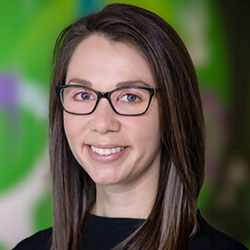
Erin Denny, MHA, CPHQ
Director, Apheresis and Dialysis
-
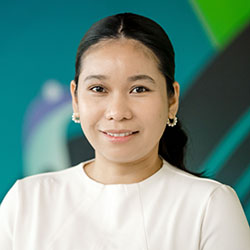
Molly Chavez, MSN, RN
Clinical Practice Manager
Teams
Advanced Practice Providers
Nephrology Providers
Nurses
-
Chantelle Aberilla, RN
-
Molly Chavez, MSN, RN
-
Lauren Dooley, RN
-
Lynda Nguyen, RN
-
Denise Pietrzyk, RN
-
Dorothy Tokarz, RN
Scheduling an Appointment With Apheresis
We provide treatment for patients who have established care with a Seattle Children’s provider. Your child’s doctor or specialist may refer them for apheresis services. Based on your child’s condition, our team will work with your child’s care team to schedule their treatment. Apheresis procedures are offered through infusion services. If you already have an appointment, learn more about what to expect and how to prepare.
Patient and Family Apheresis Resources
For information about your preparing yourself or your family for any of our therapies, please see the Apheresis Patient and Family Resources page.
Contact Us
For more information about apheresis services, email [email protected]. We provide care at our hospital campus in Seattle.
Providers, see how to refer a patient.
Paying for Care
Learn about paying for care at Seattle Children’s, including insurance coverage, billing and financial assistance.
Access Additional Resources
Get resources for patients and families, including information on food, housing, transportation, financial assistance, mental health and more.
